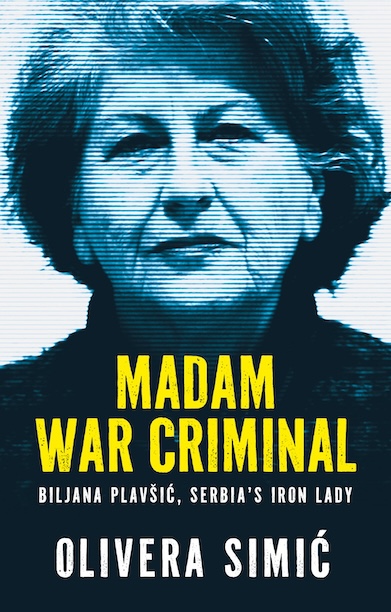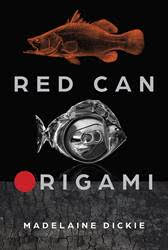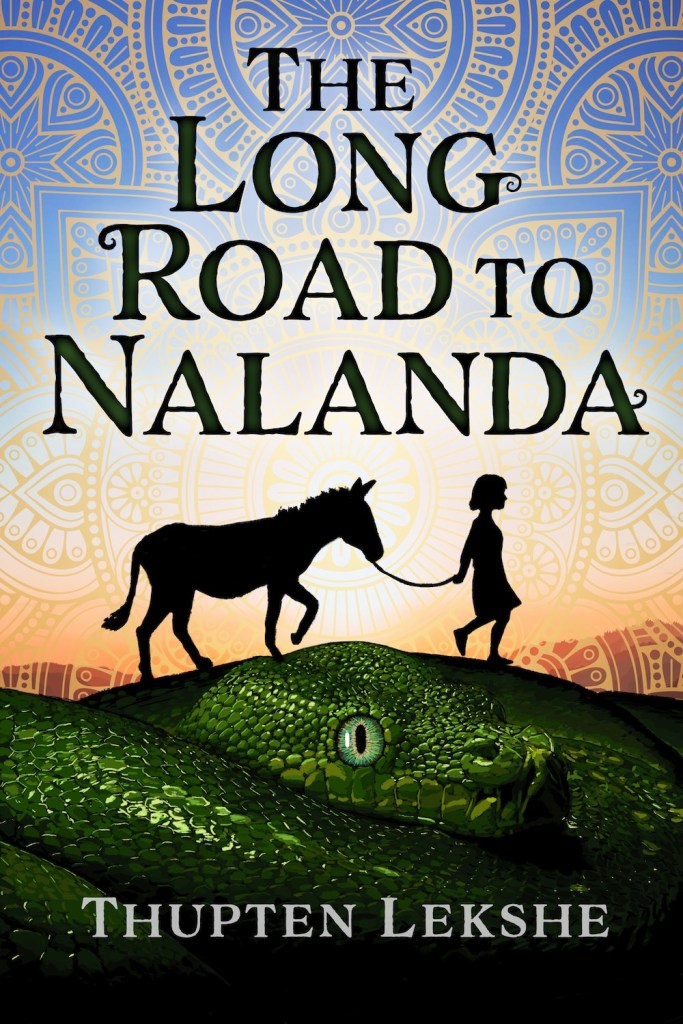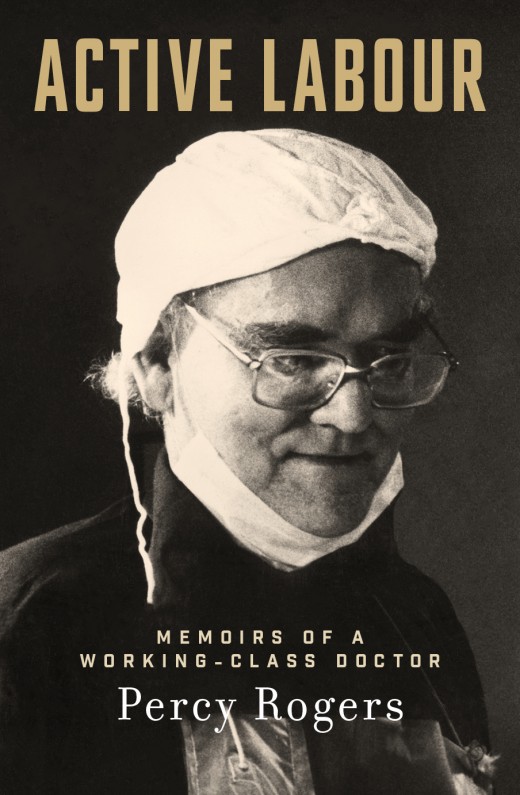
Words are powerful and can ‘paint’ a picture, particularly words used in poetry that resonate and stay with us. Favourite passages in novels are often read and reread to relive that feeling and scene, or that memory of the first time they were read. Visual art stimulates an immediate sensation through sight and is not tied to language. A work […]

I read a lot of historical fiction and I have my favourite authors of the genre: Peter Carey, Geraldine Brooks, Tracy Chevalier, Barbara Kingsolver, Hilary Mantel, Kate Grenville and Markus Zusak. I have also been blown away by so many emerging historical fiction authors whose unpublished novels are sent to me for assessments. I love being able to immerse myself […]

Do you have an unpublished novel or a non-fiction manuscript ready for submission to publishers or agents, or maybe you’re considering self-publishing? Before you take the plunge and hold your breath, hoping for success, it is prudent to submit your manuscript for a professional objective critique. So why not take advantage of my fee-reduction offer for the month of September […]
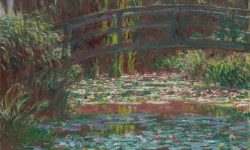
Superfluous words are the enemy of good writing. Sometimes (many times) I come across writing that includes adjectives and adverbs that are wrongly chosen to ‘qualify’ another word. William Shrunk Jr. (1869—1946) was an English professor who wrote in his book ‘The Elements of Style’: “‘Rather’, ‘very’, ‘little’, ‘pretty’— these are the leeches that infest the pond of prose, sucking […]

Through the swift application of paint, the French Impressionist artists aimed to capture the atmosphere of a place at a specific time of day. When I read the first few paragraphs of a novel, or an unpublished manuscript set in a fictional place that is sent to me for assessment, I want to be captivated by a sense of place. […]

There is a lot to be learned about the art of creating fictional characters from Geoffrey Chaucer’s ‘The Canterbury Tales’ (a collection of twenty-four stories written in Middle English between 1387 and 1400). I recently went through my library and came across this book, which I studied many years ago and often revisit. In the ‘General Prologue’, each pilgrim is […]

At the moment I am far away from home, refreshing, and immersing myself in other cultures, ancient walking trails and nature reserves. I am seeking old and new art in cities, listening to different voices and sounds, gathering new ideas to assist my work with writers. In the meantime, keep writing and honing your craft. I look forward to engaging […]

If you’re ready, or nearly ready, to have your writing (fiction or non-fiction, thesis or academic paper) proofread (or lightly edited), then why not contact me with a brief overview of your project and any specific requests for assistance (such as a looming deadline or the need to stop writing!). I understand that it takes courage to hand over one’s […]

Choosing the intimate first-person point of view to write a scholarly book or a fictional narrative is challenging. Point of view (POV) is the perspective from which an author writes a story or presents information. There are three points of view (viewpoints) — the first-person POV (I, we), the second person (you, your), and the third person (he, she, they). […]

Whether you’re writing a crime narrative, Young Adult novel or an academic textbook, the ultimate aim is to create sentences that flow effortlessly so your reader is constantly engaged with the content/narrative. This memento mori still life painting by the seventeenth-century Dutch artist Pieter Claesz is a potent reminder that life is short, but our finest work/s will endure. So, […]











